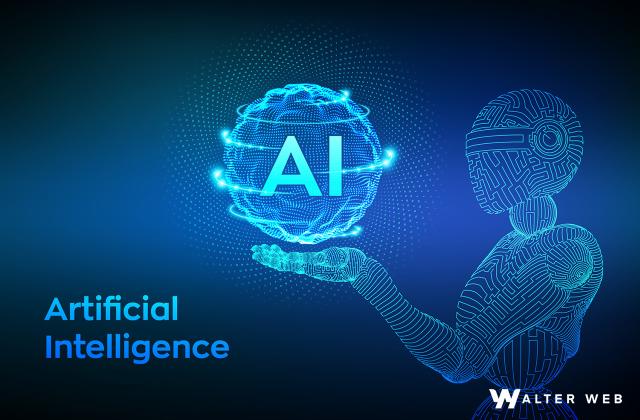
2 min read
Artificial Intelligence in Morocco
Artificial Intelligence is emerging as a key area of interest in Morocco's digital future, with growing anticipation around its role in transforming services, industries, and governance.

Artificial Intelligence (AI) is steadily gaining attention in Morocco as a promising force for digital progress. While its full integration into public services and industries is still in early stages, the potential of AI to drive innovation and economic growth is being recognized by policymakers, tech entrepreneurs, and academic institutions alike.
As part of national ambitions like Digital Morocco 2030, AI is expected to play a central role in modernizing infrastructure, improving service delivery, and supporting smarter decision-making across sectors.
A Strategic Vision in Progress
Morocco has taken key steps toward digitalization in recent years, with AI highlighted as a future tool for innovation. Government strategies are beginning to explore the inclusion of automation and artificial intelligence to improve operational efficiency, enhance user experience, and support real-time data analysis.
Though large-scale AI implementation is not yet widespread, early initiatives and international collaborations suggest that the foundation is being laid for future deployment.
Preparing for Real-World Applications
AI technologies hold strong potential in Moroccan contexts such as smart agriculture, healthcare diagnostics, predictive analytics, and personalized education. While these applications are mostly in pilot phases or early-stage discussions, they align closely with the broader vision of website development, automation systems, and AI-ready web applications that support Morocco's digital transformation.
Universities and research centers are increasingly launching programs, bootcamps, and hackathons focused on machine learning, data science, and artificial intelligence, essential pillars for building a future-ready digital workforce.
Smart Urban Development and Innovation Hubs
Smart city concepts in Casablanca, Rabat, and other urban centers are opening doors for artificial intelligence and automation-based services. These may include intelligent traffic systems, public safety enhancements, and citizen-focused digital platforms. The development of this infrastructure relies on scalable web applications and custom platforms designed to integrate AI and automation tools.
Several Moroccan startups are also exploring artificial intelligence for chatbots, image recognition, automated processes, and localized recommendation engines built into modern web applications.
AI and the Evolution of E-Commerce
As Morocco's e-commerce sector grows, AI is expected to enhance online marketplaces in the coming years. Intelligent systems for search, product recommendations, and behavioral insights could transform user journeys on platforms built using e-commerce and custom online marketplace solutions.
While these technologies are not yet fully mainstream, their adoption is a matter of when, not if.
Opportunities and the Road Ahead
The groundwork for Artificial Intelligence in Morocco is being laid, but its full potential will unfold gradually. Challenges remain, particularly around access to quality data, infrastructure, and digital literacy. However, through initiatives like Digital Morocco 2030, the country aims to build an inclusive, innovative digital ecosystem.
Artificial Intelligence is poised to become a transformative force, and Morocco is preparing to harness it in the decade ahead.